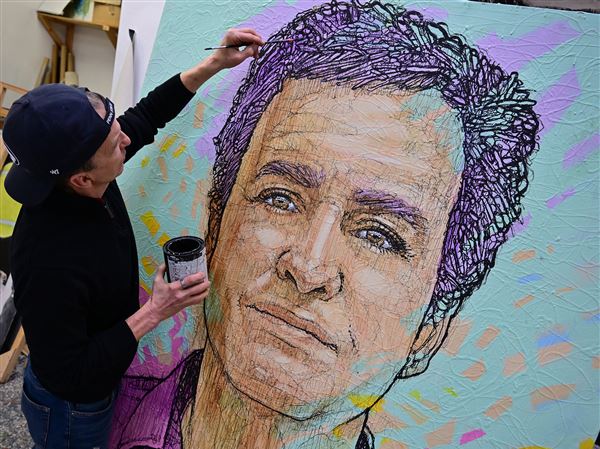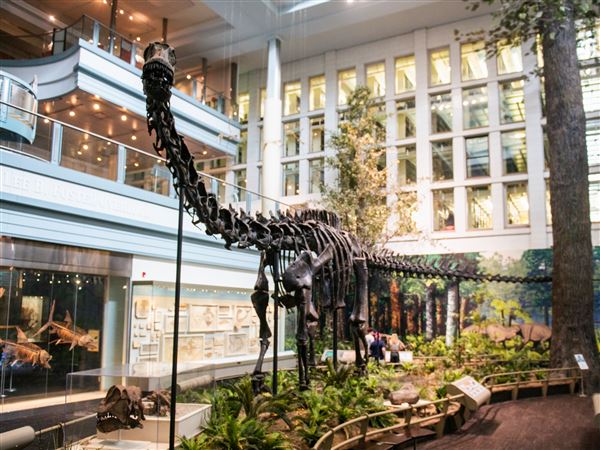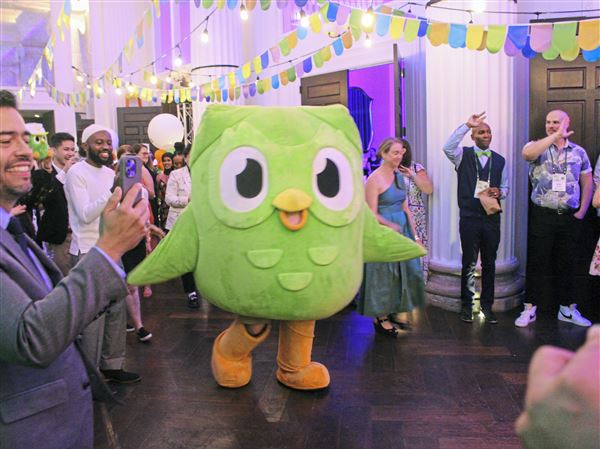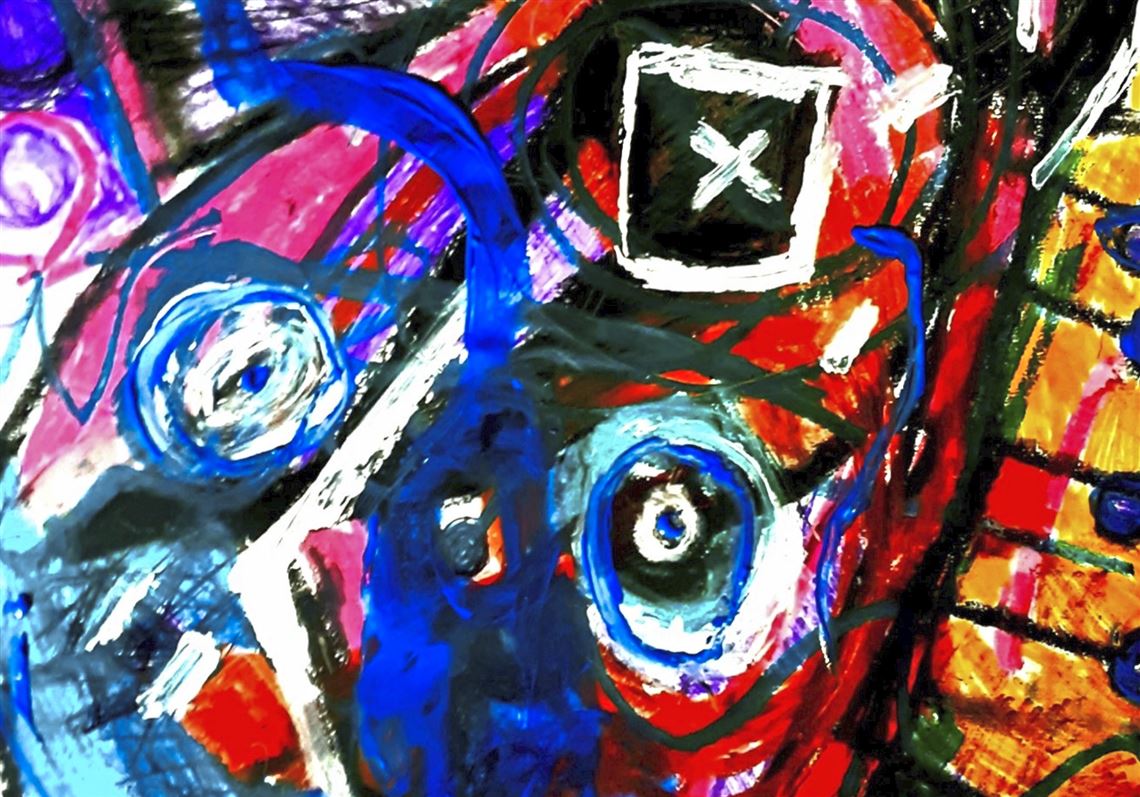Best defined as “a tender or urgent longing,” yearning is the feeling I get sometimes. I feel it now with a tweaked lower back after forgetting my age while shoveling a truckload of dirt into my garden.
Yearning is also the prime feeling explored by the “grumpy, middle-aged” speaker in Matthew Ussia’s debut poetry collection, “The Red Glass Cat.” The personal and political earn some critical contemplation in the Duquesne University professor’s work.
Alien Buddha Press ($10.44)
In “The Outfielder,” he writes: “At night I dream / of my once shapelier legs and stronger arms, / and of hands that knew how to use the tools / that were designed for them… / of roaming effortlessly through right field / and the feel of a ball hitting the webbing of my glove.”
It’s a pleasing moment of the tangible, recalling past glory days on the dusty diamond. But it’s also a poem of regret that leaves readers with the “ache from the nostalgia of it all.... And I remember that in my dreams I can suffer / from remembering what never happened.” Here and elsewhere, memory turns the key.
A union organizer and punk rocker, Ussia also pivots in his work to rail about the divisive politics and original sin of racism in the United States. In “They Already Built the Wall,” he muses, “They already built the wall. / It’s right there in the Three-Fifths Compromise / and every three-fifths compromise / from there on out.”
It’s a fitting way of thinking about repression and its stranglehold on this country with its competing visions of inclusivity and nativism. What makes the poem more commanding is Ussia’s willingness to spread the blame: “When my father / sold our white-flight suburban home / to a family from Colombia, / our neighbors came to the door to confront him about it.” He ends by confronting his own privilege, saying “the fact that it took this long for me to notice, / means they already built the wall / and I was on the inside.” It’s a perspective that stands poignant.
The collection’s poems range in setting from an airliner flying from Scotland to a hotel room in Cleveland to a mass grave for slaves in Richmond, Va., yet it’s Pittsburgh, with its changing neighborhoods and nether-regions that Ussia uses for insight on what’s been lost and gained. “In Houses Falling in Hazelwood,” he writes of “construction workers / charged with turning history into vacant lots.” He also celebrates an existential moment on Pansy Way with “An Ode to a Used Condom Found in an Alley in My Neighborhood” and eavesdrops on a couple in the midst of an affair in Max’s Allegheny Tavern in “Intrigue Inside a German Restaurant.”
However, it’s Ussia’s take on a well-known Allen Ginsberg poem in “Supermarket in Homestead, Pennsylvania” that best captures the dichotomy of Pittsburgh history. In it, the speaker grumbles over blood oranges, plastic bags and the store being out of his brand of coffee. In a well-rendered scene that kept me wanting more like it, the speaker redeems himself with a keen eye:
“The woman next to me started to dance with her full cart / to the Whitney Houston song cascading from above. Someone’s grandmother — / like my own 20 years gone now, babushka and all — / counts money in a white bank envelope. My cashier wears a union pin / reclaiming this ground from Frick’s army of Pinkertons once again / the promises of payday and the New Deal realized.”
Who would’ve thought so much intersectionality could happen in the checkout line?
There’s also fun to be had in the wry commentary of short poems like “Deep in the Phipps,” “A Thought in the Bathroom of the Warhol,” and “Life in Pittsburgh Would Be More Honest.” While Ussia doesn’t reinvent the wheel and grows a bit expositional in places, “The Red Glass Cat” still beats with a thumping big heart.
Fred Shaw teaches writing at Point Park University and Carlow University. His latest collection. “Scraping Away,” was released by CavanKerry Press in 2020.
First Published: July 13, 2021, 10:00 a.m.

















